China Silk Road Facts & History

Port of Silk YouTube
Everything you need to know Silk is a luxurious and highly prized fabric, known for its soft texture and lustrous appearance. It has been prized for centuries and is associated with elegance and sophistication. In this article we will discuss what silk is, how it is made and why it is so highly prized. What is silk?

About Port of Silk Episode 1 PORT OF SILK
Legendary Port of the Maritime Silk Routes: Zayton (Quanzhou) is a book of Asian premodern maritime history from global perspectives. The book is targeted at learners and students of China study in the field of literature relating to the knowledge of premodern maritime history and cultural exchange among South Fujian in coastal China, the South China Sea, the Indian Ocean and beyond connected.

PORT OF SILK
Dupion Rote Blüten. The technical storage or access is strictly necessary for the legitimate purpose of enabling the use of a specific service explicitly requested by the subscriber or user, or for the sole purpose of carrying out the transmission of a communication over an electronic communications network.
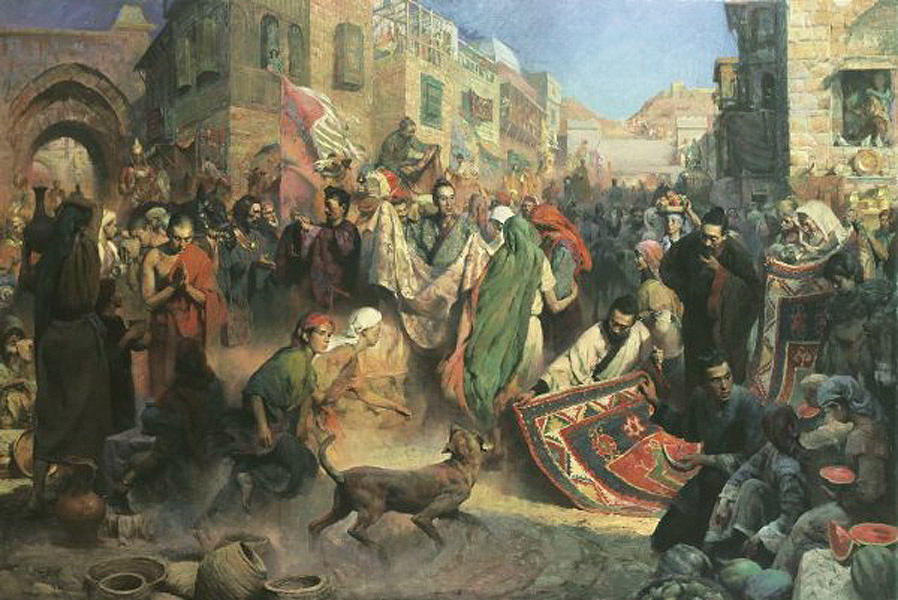
The Silk Road Trade in Ancient China
Located on the south-east coast of China, the city of Quanzhou was one of the most important Chinese ports along the historic Maritime Silk Roads. Known as Zayton (or Zaitun) by traders arriving from the Arab world, the port has welcomed sailors and travellers from many different cultures and religions as they traversed these routes.
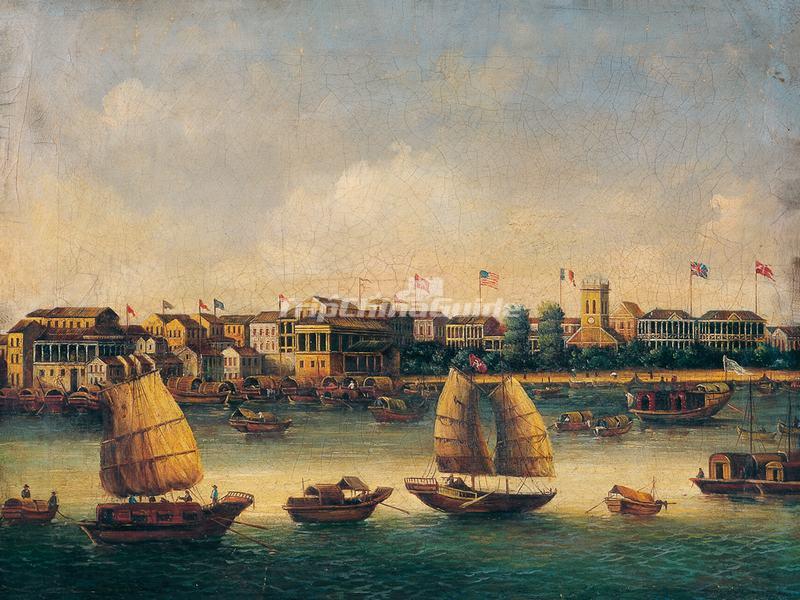
China Silk Road Facts & History
Port of Silk, Hamburg, Germany. 10,934 likes · 1 talking about this · 23 were here. Port of Silk Hamburgs großes Seidenlager und Fachgeschäft. Besuchen.

China’s Maritime Silk Road port city Quanzhou wins World Heritage listing The Star
According to a legend mentioned in Confucius' 'Odes', roughly 2700 years BC, Princess Si-Ling-Chi, the wife of Emperor Huang-Ti discovered the secret of silk by picking up a cocoon that had fallen from a tree into her hot tea. The Chinese then figured out the important stages in the silk making process.
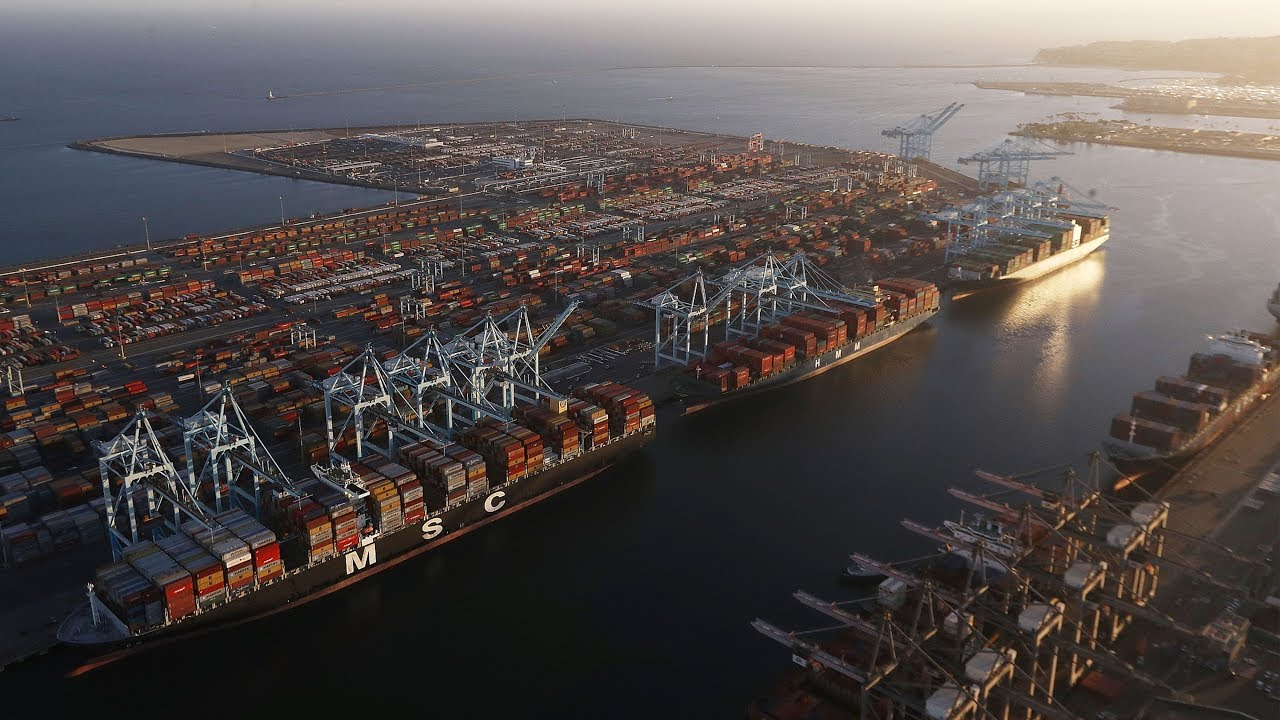
Data Tells Ports light up the 21st Century Maritime Silk Road CGTN
Habutai is also known as parachute fabric. It is used for lining and for light dresses and skirts. Due to its relatively lower cost, habotai silk is often chosen for silk painting and dyeing projects. The fabric takes dyes well and is commonly used for hand-painted scarves and other silk art. 25.
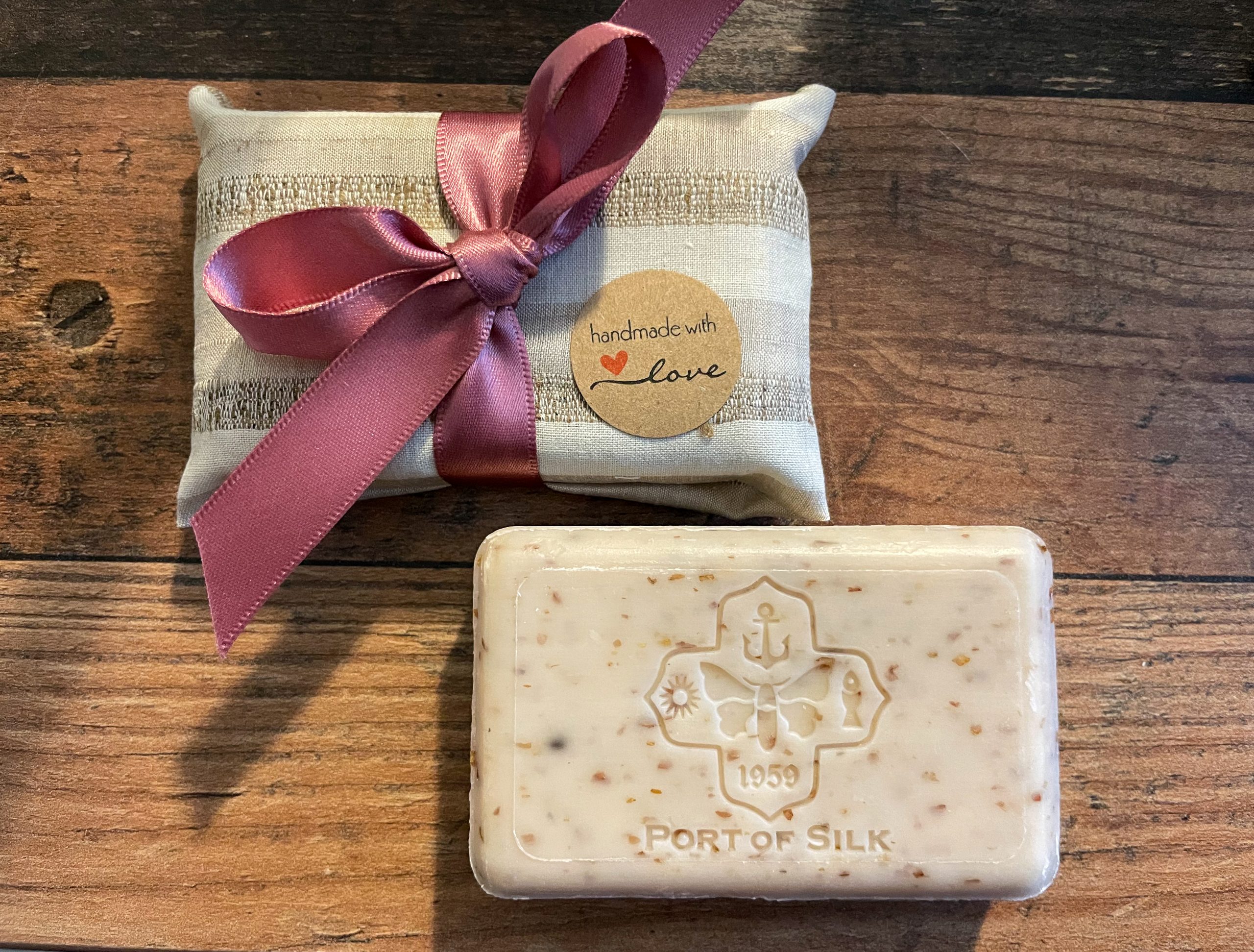
Naturseife "Port of Silk" PORT OF SILK
Known as 'the House of Silk', the city was one of the seven ancient capitals of China with silk fabrics uncovered in the region dating back 4,700 years to the Neolithic Liangzhu culture (3400-2250 BC). The history of Hangzhou's foreign trade in silk, tea, porcelain and other commodities dates back thousands of years.

China's Maritime Silk Road The New Silk Road CNA Insider YouTube
PORT OF SILK - SEIDENKONTOR IN HAMBURG Silky Moment In unserem Seiden-Loft in Hamburg entdecken Sie über das hinaus, was Sie in unserem Shop finden, weitere hunderte von Seidenstoffen in schönsten Farben und hochwertigsten Qualitäten. Unifarbene, bestickte und bedruckte Seidenstoffe, mit Pailletten und Perlen aufwendig verziert.
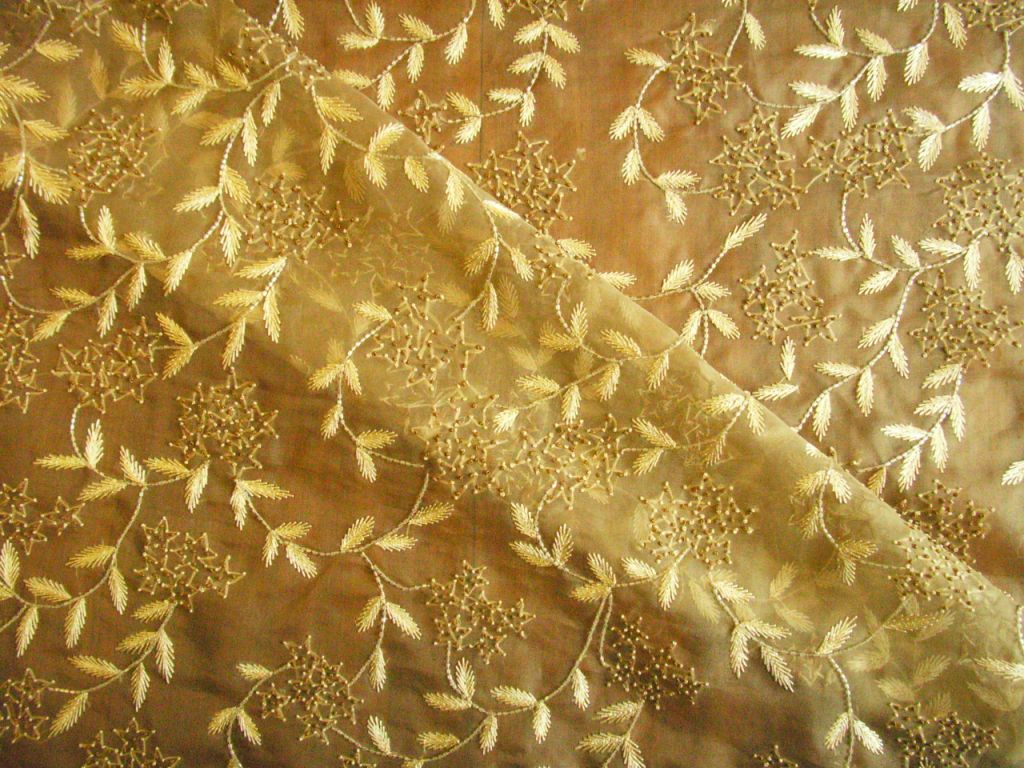
Port of Silk Hamburgs größtes Seidenfachgeschäft
Legendary Port of the Maritime Silk Routes: Zayton (Quanzhou) is a book of Asian premodern maritime history from global perspectives. The book is targeted at learners and students of China study in the field of literature relating to the knowledge of premodern maritime history and cultural exchange among South Fujian in coastal China, the South China Sea, the Indian Ocean and beyond connected.

PORT OF SILK
The hottest of the silk trade routes started from Chinese ports of southern region including WU, Wei, Qi and Lu regions. These ports produced highest quantity of raw and processed silk. Owing to closeness of marine channels, the export and import of silk through these ports was always very easy.

Aerial view of ancient "Silk Road" port in SW China YouTube
The process of making silk begins with silkworms, which spin cocoons around themselves. These cocoons are then carefully unraveled to extract long silk threads, which are subsequently treated, dyed, and woven into fabric. This labor-intensive process contributes to the exclusivity and high cost of silk products.
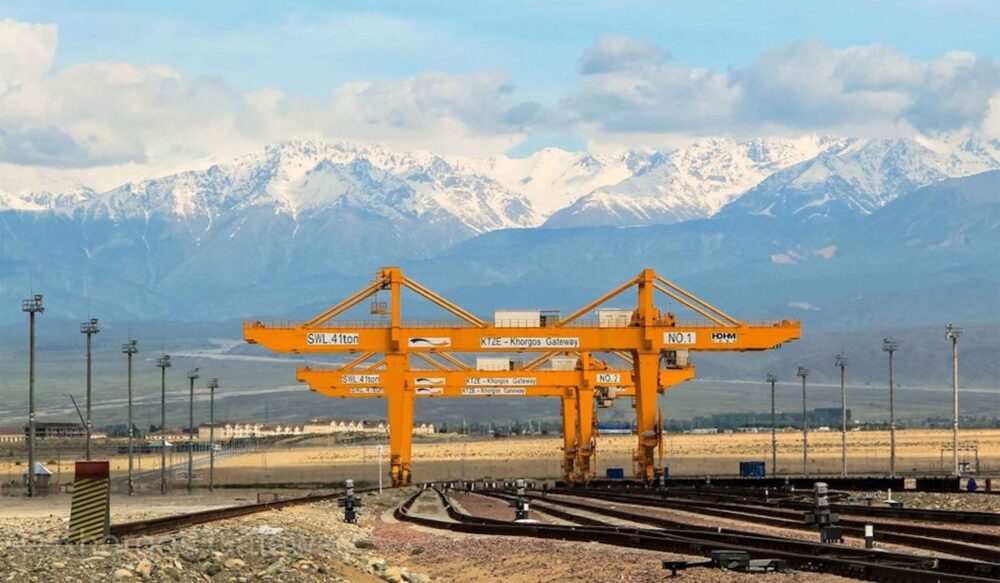
Ports on the new digital silk road PierNext
Silk is a natural fiber produced by insects as a material for their nests and cocoons. There are several types of insects that produce silk, including silkworms (the most common type of silk), beetles, honey bees, bumble bees, hornets, weaver ants, and many more. Made primarily of a protein called fibroin, silk is known for its shine and.

A Comparative View of the Ancient and 21st Century Maritime Silk Roads Center for
The protein fiber of silk is composed mainly of fibroin and is produced by certain insect larvae to form cocoons. [1] The best-known silk is obtained from the cocoons of the larvae of the mulberry silkworm Bombyx mori reared in captivity ( sericulture ).
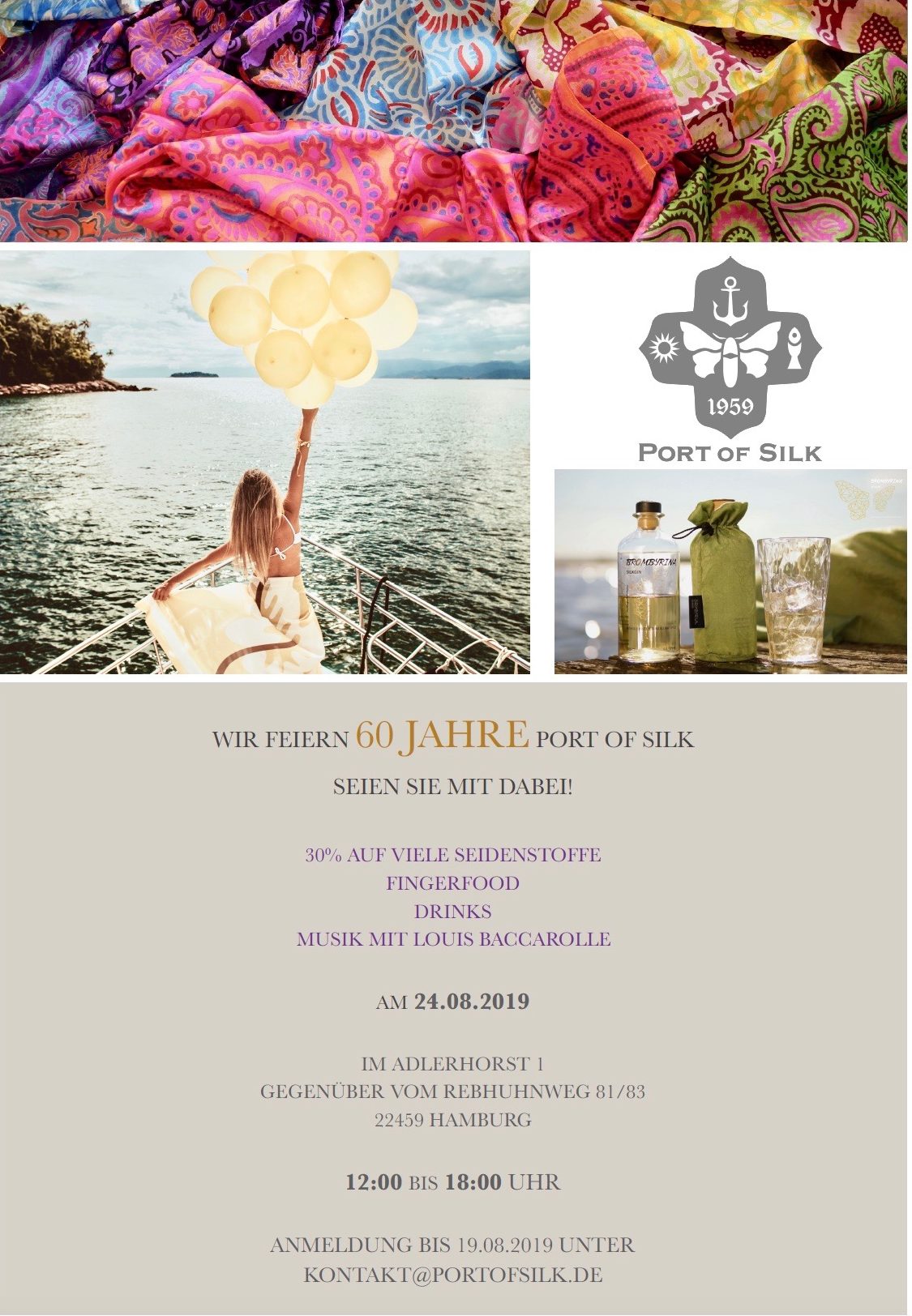
60 Jahre Port of Silk PORT OF SILK
Known whimsically as shui xiang, or "the land of water", China's glittering province of Jiangsu has all the geographical advantages to give it a starring role in the epic tale of China's ancient.
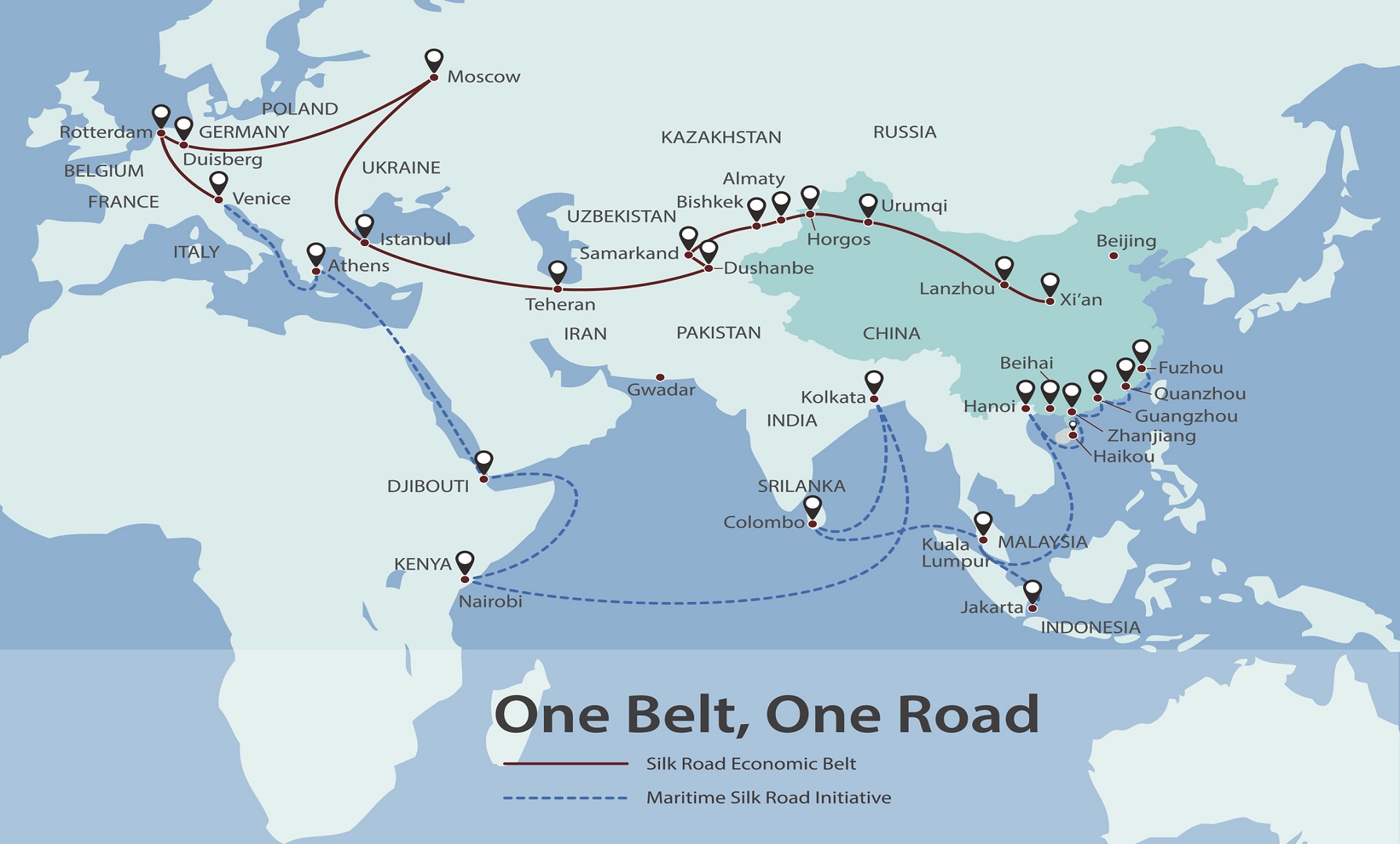
China's New Silk Road Higher Rock Education
Port of Silk Hamburgs großes Seidenlager und Fachgeschäft. Besuchen Sie unseren Onlineshop! www.portofsilk.de [email protected]